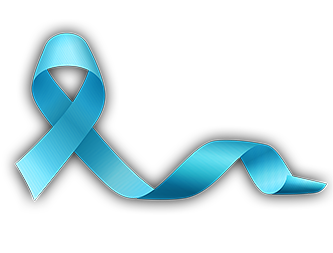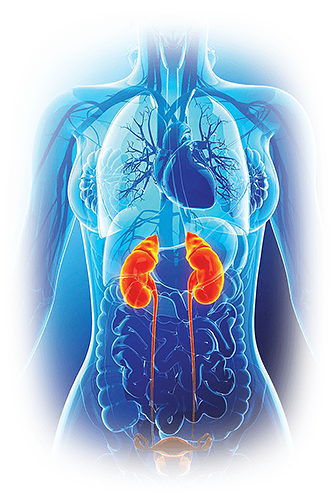Login
For Clinician Providers
For Clinician Providers
For Patients
A New Complication of the H1N1 Flu Virus
The H1N1 flu virus hasn’t proven to be as deadly as originally predicted, but certain subgroups of people seem to experience more severe symptoms from the virus than others. As a generalization, H1N1 flu infection causes more serious illness in young children and pregnant women and people with underlying medical problems. People over the age of fifty are the least likely to develop H1N1 infection – probably because they have immunity to some aspect of the virus. Only thirteen percent of the people hospitalized with the H1N1 flu virus fall into the over fifty age group.
Now, a study published in the American Journal of Roentgenology shows that some people who become severely ill from the H1N1 flu virus develop lung complications including blood clots, a condition known as pulmonary emboli. To show this, researchers looked at the lung x-rays of 66 patients admitted to the hospital with H1N1 flu infection. They found that five of the patients with abnormal chest x-rays who were subsequently tested with a CT scan of the lungs showed evidence of blood clots or pulmonary emboli. This is an unusual finding in an influenza type illness and suggests that people who become severely ill with the H1N1 virus may be at risk for this dangerous complication. If these blood clots can be found early enough, they can be treated with anticoagulant medications to break up the clots so that normal lung function can be restored.
While most people with the H1N1 flu virus won’t become ill enough to require hospitalization and aren’t at risk for blood clots, this study shows the importance of seeking prompt medical attention at the first sign of flu-like illness. If diagnosed early, antiviral drugs can be used to lower the risk of severe lung complications. The CDC has mandated that antiviral drugs be reserved for more severe H1N1 flu infections – ones that require hospitalization and high risk groups such as young children and pregnant women; but if severe lung symptoms develop in anyone they need immediate medical attention.
The bottom line? H1N1 flu infection can cause unexpected lung complications particularly in higher risk groups such as young children, pregnant women, the elderly, and people with other medical problems. This makes it all the more important to seek medical attention at the first sign of flu-like illness especially for those who fall into a high risk category. In the meantime, the best plan is to eat healthy, practice regular handwashing, and get enough sleep to help reduce the risk of infection with the H1N1 flu virus.



